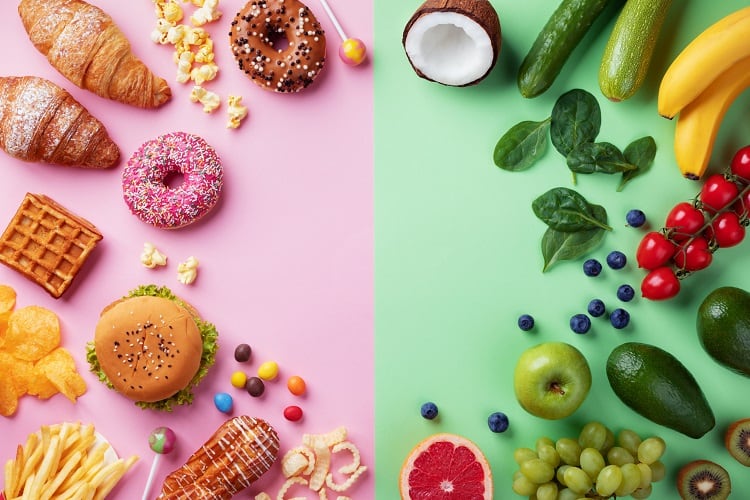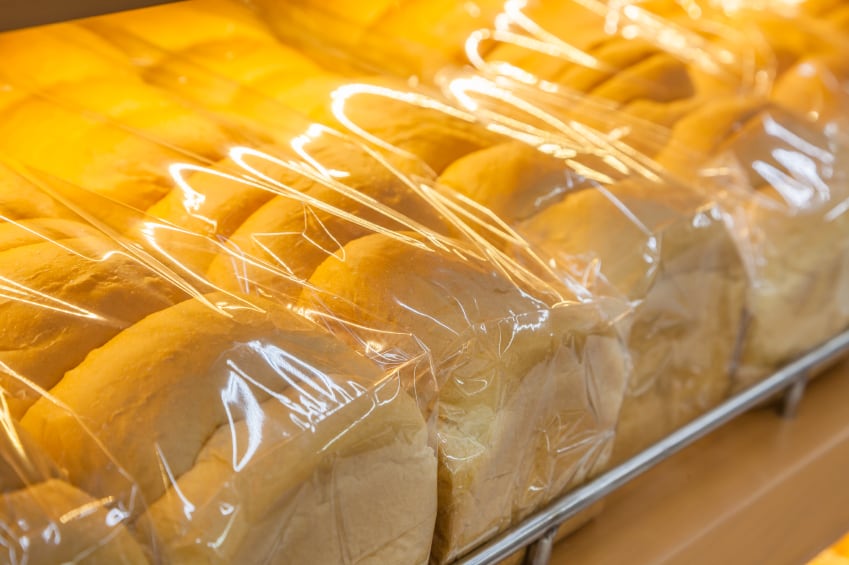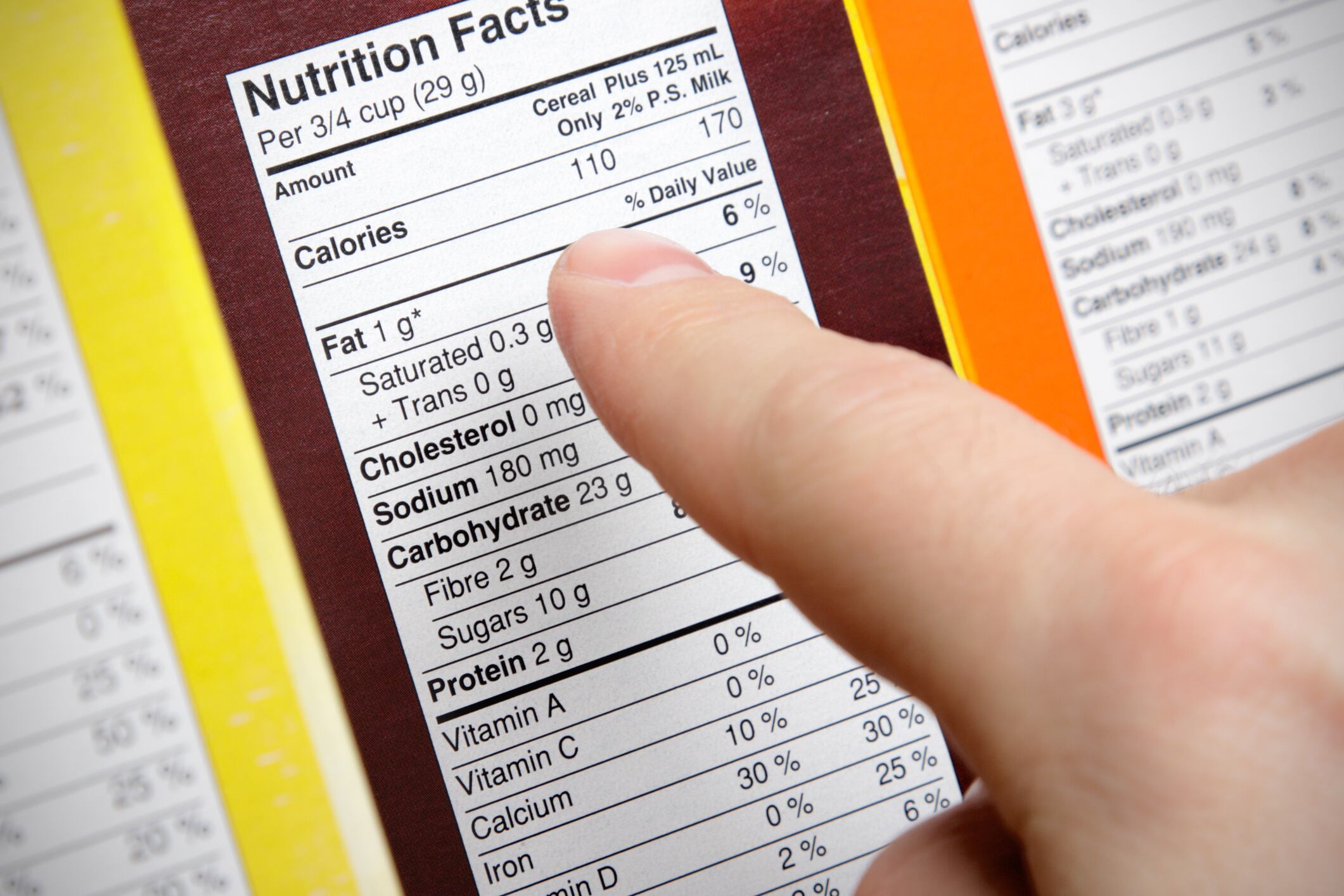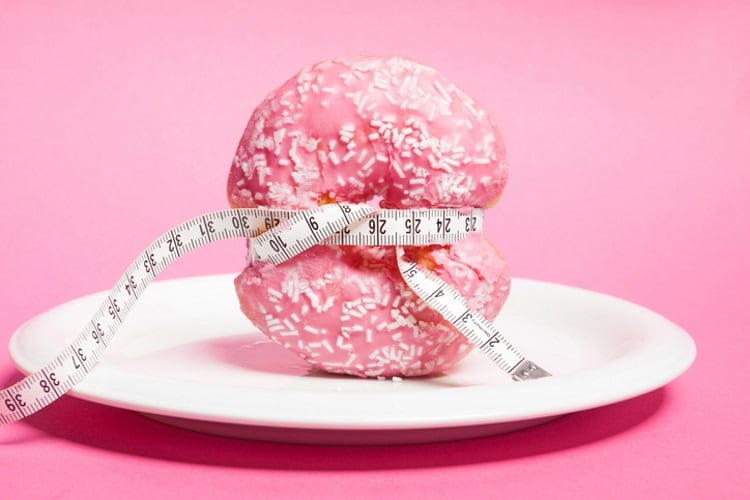For years, food producers have been stuck in the middle of a messy debate: are UPFs really public enemy number one? Health advocates and policymakers have latched onto classification systems like NOVA, claiming that highly processed foods are a major driver of global health crises.
Rocco Renaldi, secretary-general of the International Food & Beverage Alliance (IFBA), however, strongly believes this narrative is built on flawed science and completely ignores the essential role that food processing plays in safety, affordability and accessibility.
“Low consumer understanding of the terms ‘processed’ and ‘ultra-processed’ and the misclassification of them can jeopardise efforts in guiding consumers towards healthier and more sustainable diets,” he says. “The NOVA classification system lacks scientific validation and contradicts well-established dietary guidelines used by health authorities worldwide.”
Science vs scare tactics: Why the NOVA system gets it wrong

The NOVA system classifies foods based on how much they’ve been processed, throwing everything from soda to fortified whole-grain bread into the same ‘ultra-processed’ category. Critics say this approach is way too simplistic and doesn’t account for nutritional value, creating a black-and-white view of food that just doesn’t hold up.
“One-quarter of foods with high nutritional value and which rank among the healthiest are classified, according to NOVA, as ‘ultra-processed foods’,” says Renaldi. “Many processed foods can provide as much nutritious value as fresh foods and are a convenient and affordable way for many people to get the nutrients they need.”
Instead of demonising processed foods, IFBA argues we need a more accurate way to assess food quality - one based on what’s actually in the food, not how it was made. Nutrient profiling systems that look at sugar, salt, fibre and essential vitamins and minerals give a far clearer picture of whether a food is good for you than a blanket ‘processed = bad’ label ever could.
“The NOVA classification system, which categorises foods based on their level of processing, has been criticised for its lack of scientific validation and potential to oversimplify complex nutritional information,” Renaldi explains. “This approach may contradict established national dietary guidelines and inadvertently demonise a wide range of foods that can be part of a healthy, sustainable diet.”
The secret public health hero?

Despite the hysteria around UPFs, they’re not the enemy, assets Renaldi. In fact, processed foods play a major role in tackling food security and public health.
“Restricting UPFs without considering their role in food security could have serious unintended consequences, particularly for affordability and accessibility,” he warns. “Many processed foods provide essential nutrients, extended shelf life and affordability, making them critical for low-income populations.”
So, instead of banning them, what’s the smart move? Reformulation and innovation. Food companies have already been improving their products - cutting back on sugar, salt and unhealthy fats while boosting fibre and essential nutrients.
One of the biggest wins? The near-total elimination of industrially produced trans fats (iTFA). “Our members achieved our goal to phase out iTFA worldwide at the end of 2018, following a commitment made in 2016,” says Renaldi. “Having achieved that goal, IFBA then committed its support for the WHO’s objective to phase out iTFA from the global food supply by the end of 2023. In 2022, IFBA members achieved 100% compliance with this commitment.
“Building on decades of members’ individual efforts and experience in sodium reduction, in 2021, we launched the IFBA Global Sodium Commitment - the first-ever collective commitment by the food industry to implement globally set standardised targets for sodium reduction in manufactured foods by 2025 and 2030.
“In the soft drink industry, many changes have happened with the development of more low- and no-calorie products,” he adds. “Portion size is another area which has evolved significantly. IFBA members - including Kellanova, General Mills and Coca-Cola - have improved the nutrition of their foods and beverages by removing trillions of calories and thousands of tons of sodium, fat and sugar from the marketplace. At the same time, we have increased the amount of positive nutrients and food groups of need, such as fruits, vegetables, grains, protein and dairy, to ensure the incorporation of healthier, nutrient-dense products into diets.”
The hidden dangers of over-regulating UPFs

Governments worldwide are rolling out front-of-pack warning labels, ad bans and marketing restrictions to curb UPF consumption. But Renaldi warns these well-meaning policies could be missing the bigger issue - dietary patterns as a whole.
“It’s not about limiting processed foods in the diet,” he explains. “It’s about educating and encouraging consumers to identify foods that are nutrient-dense, safe, affordable and accessible. Reformulation and innovation - strategies adopted by the WHO, FAO and countries worldwide - are far more effective at improving nutritional quality than broad restrictions.”
Renaldi also emphasises that food reformulation must be done strategically: “We need to recognise that product reformulation and innovation efforts to reduce sugar, salt and unhealthy fats often require a step-wise approach - gradual reductions allowing consumers’ tastes to adapt over time without limiting consumer choice and acceptance. If a product isn’t palatable, it will not sell and the reformulation effort will be in vain.”
The clean label movement: Innovation or illusion?

With consumers increasingly looking for simpler, less-processed foods, producers are rethinking how they make and market products. But Renaldi says it’s about balance.
“We are helping consumers to make healthier food choices with transparent and clear nutritional information and an easy-to-understand approach to labelling; providing portion guidance; and employing responsible marketing practices.”
Within their agricultural and manufacturing operations, IFBA members are implementing ambitious strategies and technological innovations to reduce greenhouse gas (GHG) emissions. “We are sourcing agricultural raw materials such as palm oil, cane sugar, cocoa and soy in a way that promotes agricultural resiliency; to avoid emissions from deforestation; working with farmers and suppliers to implement better practices on-farm by producing ingredients more efficiently and employing natural climate solutions,” says Renaldi.
Making sure progress isn’t just talk

Critics often argue that big food companies make big promises but fail to deliver. Renaldi insists that IFBA members are serious about backing up their commitments with real action.
“Since our formation 17 years ago - as part of our ongoing effort to provide stakeholders with transparent, measurable information on our members’ actions in support of the commitments - we publish annual progress reports,” he says. “We report on members’ individual progress and actions on product reformulation and innovation and projects in support of healthy, sustainable lifestyles.
“To assess members’ compliance with IFBA’s Global Policy on Responsible Marketing, we also participate in third-party monitoring of the global policy as well as national and regional industry commitments, such as the EU Pledge or the US Children’s Food and Beverage Advertising Initiative.”
How producers can fight back
Advocate for science-driven frameworks
Producers need to actively engage with policymakers and public health bodies to push for nutrient profiling systems rather than processing-based classification models.
“As an industry, we must work together to promote a more scientific, evidence-based approach to food classification,” says Renaldi. “Collaborating with global health organisations and contributing research on nutrient quality can help shape better policies.”
Educate consumers about nutritional quality
Misinformation about processed foods is widespread. Food companies can take the lead in educating consumers through transparent labelling, advertising and digital campaigns that highlight nutritional value rather than just processing levels.
“We need to help consumers make informed choices based on real nutritional value,” says Renaldi. “That means clearer front-of-pack labelling, better communication about reformulated products and industry-wide efforts to promote a balanced diet.”
Strengthen industry-led health commitments
Instead of reacting to government regulations, food producers can proactively introduce stronger voluntary commitments on sodium reduction, sugar reformulation and responsible marketing.
“We have already removed trillions of calories and thousands of tons of unhealthy ingredients from the market,” says Renaldi. “By continuously improving our products and transparently reporting progress, we can lead the charge rather than follow regulations.”
Engage in public policy discussions
Food producers must not allow regulatory policies to be dictated by one-sided narratives. Proactively engaging in discussions with lawmakers, NGOs, and researchers can ensure policies reflect both public health goals and industry realities.
“As the leading voice of the global food and beverage industry, we are working to drive meaningful public health action,” says Renaldi. “An inclusive consultative process - one that involves all stakeholders - is critical if we are to create effective, sustainable policies.”
Time for a smarter conversation
The war on UPFs isn’t going anywhere. But food producers have a choice: let misleading classification systems like NOVA dictate the narrative or push back with real science and real solutions.
“We need to move beyond processing-based classification systems and instead focus on nutritional content and dietary patterns,” insists Renaldi. “Only then can we truly guide consumers towards healthier choices.”





